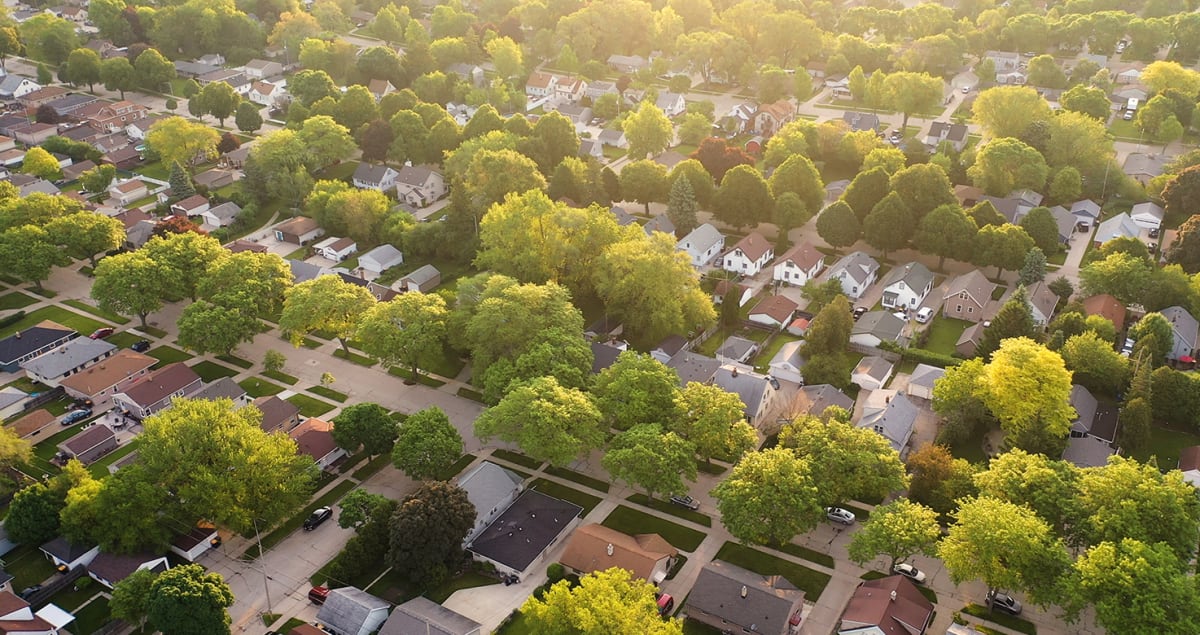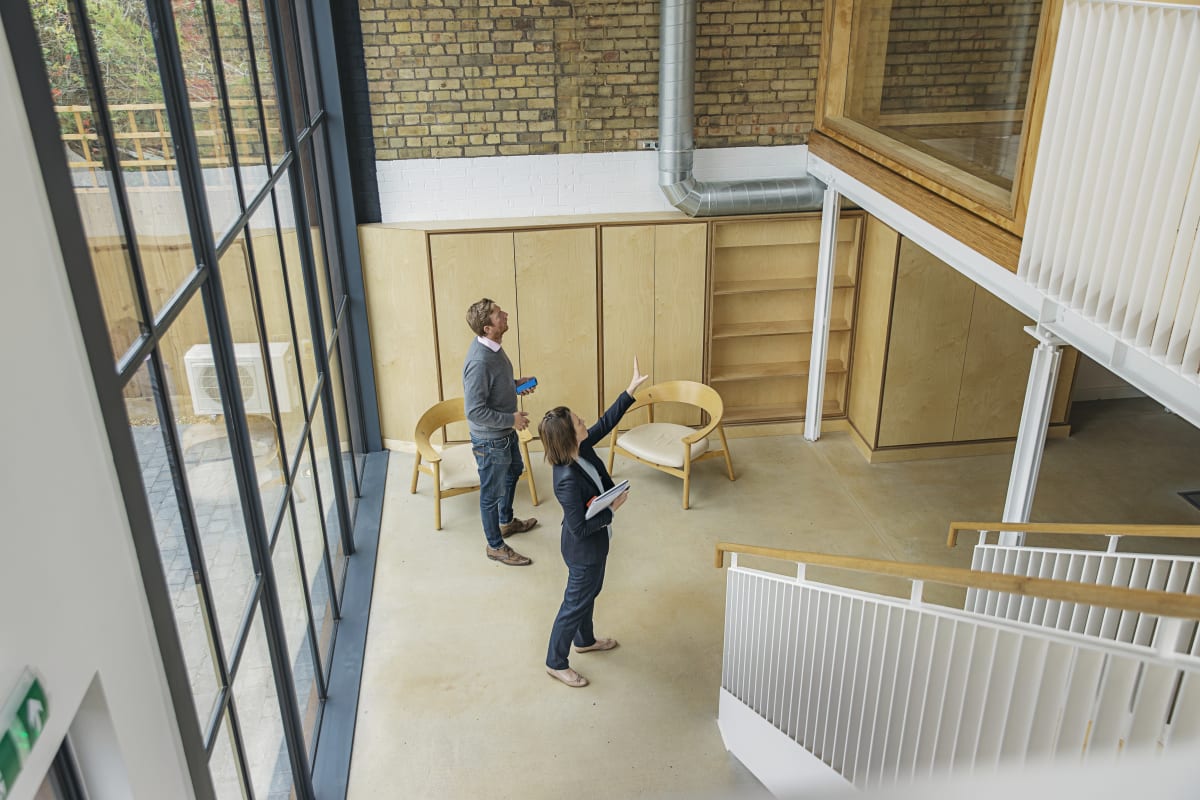No longer obligated to commute to a city-centre five days a week, professionals will be spending their time and money in the towns and villages where they live - with increased demand for flexible workspaces in the heart of communities.
“Every now and again, something really dramatic happens that changes things for ever. The Industrial Revolution. The railway. The motor car. The desktop computer. The internet. Today, we are witnessing another of these seminal moments with the hybrid working phenomenon – where people can work either at home or in a local flexible workspace, with an occasional visit to the head office,” says Mark Dixon, Founder and CEO of IWG in a new white paper called The Future of Work: a trends forecast for 2022.
The last couple of years have been marked by the rapid acceleration of the hybrid work model. Now, companies are quickly realising that their employees no longer want to go back to a city-centre office five days a week, instead preferring the flexibility afforded by the hybrid working model. This allows people to base themselves from a combination of a city centre HQ, their home and a flexspace close to where they live.
This fundamental change in working patterns is leading to the emerging trend for suburban revitalisation. Towns and villages are no longer emptying during the week, with people staying put to work - and spend money - locally. The rise of the hybrid model has also meant that people are freed from the constraints of full-time city living and are instead relocating to rural and suburban areas where they can enjoy a better quality of life.
The suburban shift is creating an unparalleled surge in demand for flexible office and coworking spaces in the heart of communities - creating a clear investment opportunity for franchise partners. Companies are showing their intent by investing in these local work hubs, which are more convenient for their employees and less costly than expansive HQs at premium city addresses.
In Britain, IWG has seen the highest increase in demand for its flexible workspaces in suburban areas such as Bromsgrove (+153%), Andover (+86%) and Havant (+79%). It has also seen significant momentum in its franchising business as investors move to capitalise on the long-term global trend for hybrid working, more than doubling the number of franchise location commitments in 2021 compared to the previous year.
The rise of model villages
According to a recent economic impact study by IWG and Arup, rural and suburban areas in the UK could receive an injection of £327m a year in spending thanks to the roll-out of flexible office and coworking spaces for hybrid workers. It also estimated that more than 4,000 new jobs could be created for people to run them.
This unprecedented wave of suburban revitalisation is paving the way for the development of model villages. These are places where all local amenities, such as shops, schools, restaurants and workspaces, can be reached within a short 15-minute journey on foot or by bicycle from people’s homes.
“People want to work close to where they live, so this is a trend that’s going to stick,” says Dixon. “With hundreds more rural and suburban flexible working locations expected to open in the coming years, we expect a wide range of vibrant local communities to develop with thriving businesses at their heart.”
Suburban revitalisation is one of ten trends identified in IWG’s white paper, The Future of Work: a trends forecast for 2022.
Are you ready to meet the demand for flexible office space in 2022? Find out more about IWG’s franchising partnerships today.






